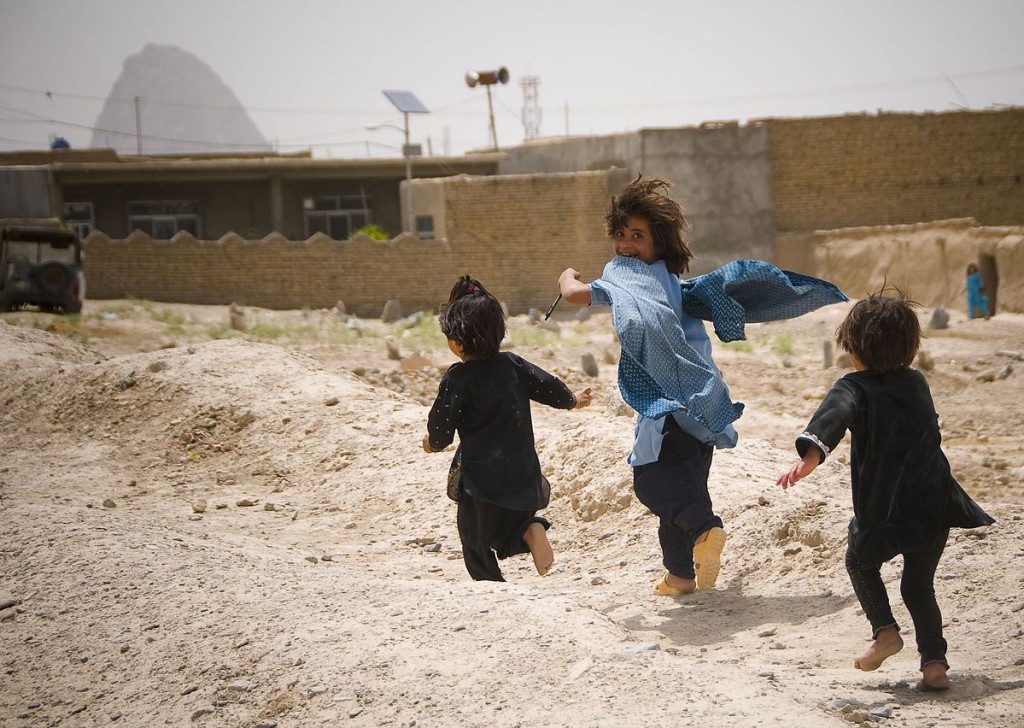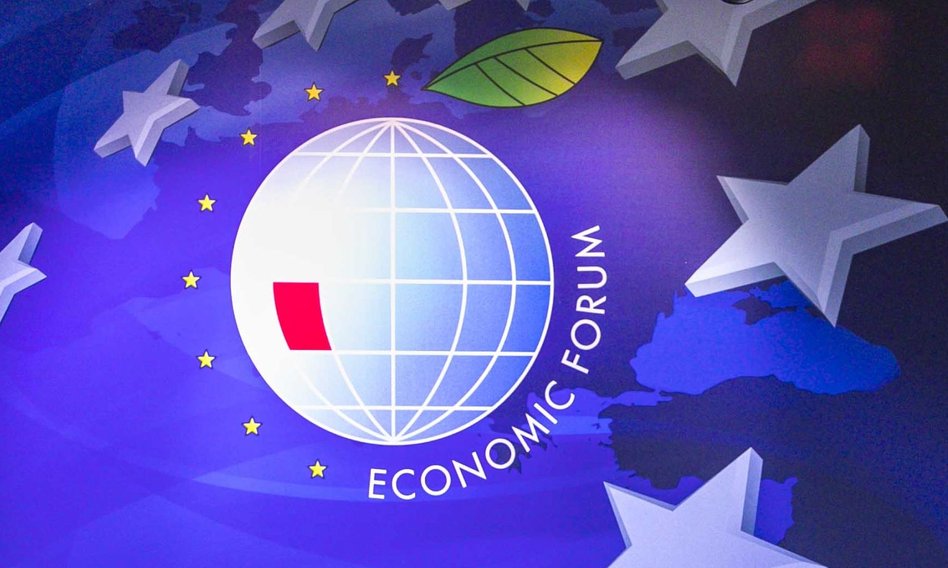
Call from EU’s Border with Belarus: We Cannot Remain Silent!
BY
Liberte / October 13, 2021
Poland has imposed a state of emergency along its border with Belarus, holding back small groups of men, women and children who are refugees from Afghanistan, Syria, and other countries. They are without shelter, clean water, food, and access to medical help.











